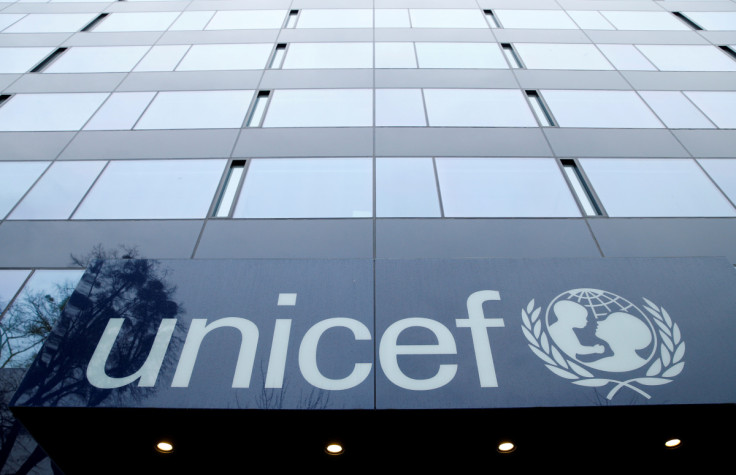UNICEF Concern Over Report Of Aid Group Ban From Afghan Education

The U.N. children's agency said on Thursday it was following up with Afghanistan's Taliban authorities over whether international organisations would be excluded from education projects, which could affect hundreds of thousands of students.
"UNICEF is deeply concerned by reports that over 500,000 children, including over 300,000 girls, could lose out on quality learning through community based education within a month if international non-governmental organizations working in the field of education are no longer allowed to operate," said UNICEF's Afghanistan spokesperson, Samantha Mort.
The agency was seeking clarification, she said.
Spokespeople for the Taliban administration did not immediately respond to a request for comment.
The Taliban administration that took power in 2021 has closed most secondary schools to girls, stopped female students attending universities and stopped many Afghan women working for aid groups and the United Nations.
However, international organisations, including the U.N., have been heavily involved in education projects, including community-based classes, often held in homes in rural areas.
Two humanitarian aid sources said that in recent days humanitarian agencies had heard that provincial authorities had been directed to stop the involvement of international organisations in education projects.
But the Taliban administration had not confirmed any orders to aid agencies seeking clarity.
"UNICEF urges the de facto authorities to place the best interests of the child at the heart of all decision-making and reiterates that every child has the right to learn," Mort said.
The U.N. estimates that 8.7 million Afghans are in need of humanitarian aid for education this year and it was planning to reach about 3 million people under a humanitarian package for the year, which was revised this week to reflect lower funding.
© Copyright Thomson Reuters 2025. All rights reserved.





















